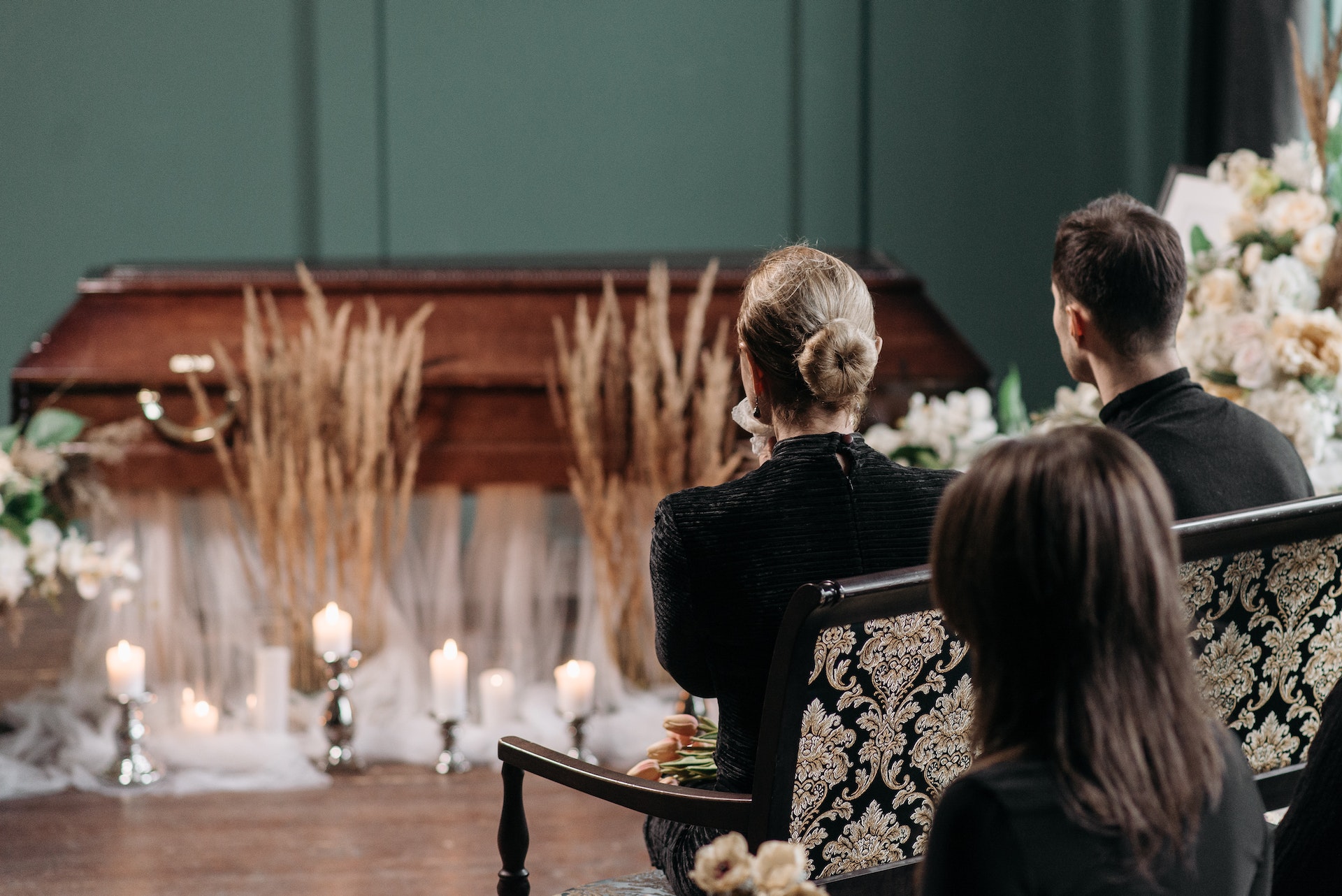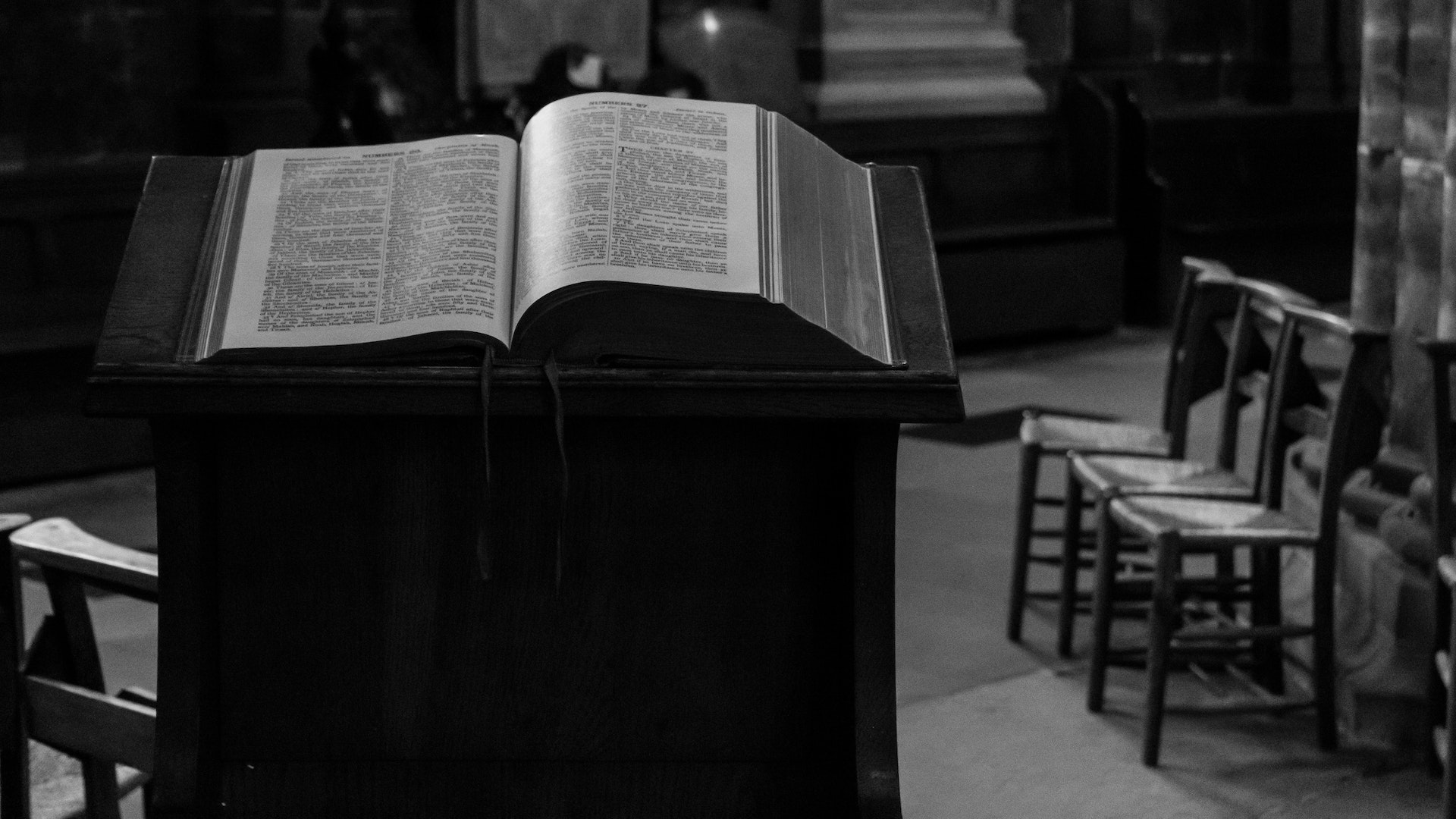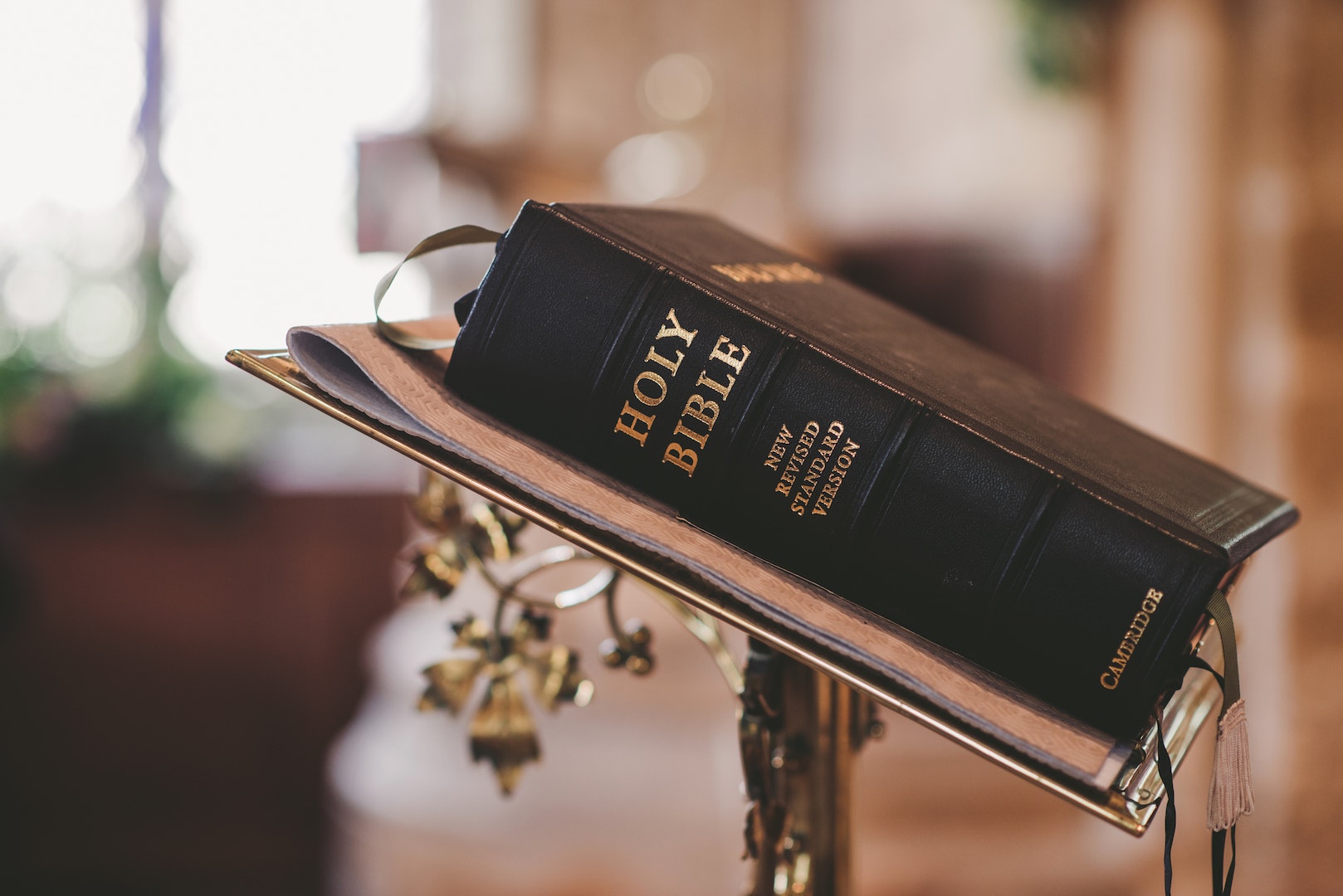
Why you should plan your own funeral while you are still alive!
In everyday life, we rarely encounter death – most of us try to avoid this topic as much as possible. We associate death with darkness, sadness, pain, and sorrow. These are all terms and emotions that contrast with what we strive for in life: a fulfilling, happy life. Yet, no matter how hard we try to banish thoughts of death from our daily lives, it eventually catches up with us. This happens when a beloved person or a cherished pet dies. Our days on this earth are also numbered – we do not stay here forever.
Therefore, it makes sense to deal with death while we are still alive. There are two reasons for this: those who are aware that everything in this world is finite also recognize that every moment is unique. It is thus important to savor every moment and appreciate happy times. Death teaches us mindfulness and living in the here and now. Additionally, it makes sense to plan one's own funeral while still alive. Not only to have a say in how it will proceed but also to relieve loved ones later on. And we'll tell you what matters in this regard.
Who is responsible for organizing the funeral?
First, the question arises: Who is responsible for organizing a funeral and covering the costs? Generally, this falls to the heirs. In Austria, there is a legal obligation to bury the deceased.
This means that the bereaved must pay their last respects to the deceased. If they are financially unable to afford the funeral, they can seek social assistance from the Austrian state, known as a social burial.
If the deceased left a will or a "last will" defining certain heirs, these heirs are not necessarily responsible for the funeral. In this case, inheritance law comes into play.
This means that the heirs designated by inheritance law often have to handle the entire funeral service. Those who wish to assist their heirs in organizing the funeral during their lifetime can take out funeral arrangements in advance.
In such arrangements, wishes regarding the proceedings can be recorded, and the bereaved can be financially secured with a funeral insurance policy or a pre-need contract.

Planning a Funeral During Lifetime: Checklist for the Organization
Those who do not want to leave anything to chance when planning their funeral during their lifetime should use a checklist for assistance and ideally document all points in writing as a "last will."
The checklist should include at least the following important points:
- Contact a funeral home: Research the options in your region and contact a funeral director for an initial consultation.
- Choose the type of burial: Burial, cremation, or diamond burial? The possibilities are now diverse and depend not only on personal preferences but also on costs. By the way: Those who choose a diamond burial not only save costs but also have the option of a free urn grave at the "Stone of Eternity" in the municipal cemetery of Linz/St. Martin.
- Select a cemetery, church, and mourning hall: It is useful to familiarize yourself with the infrastructural conditions.
- Choose a grave, coffin, and/or urn: If there is already a (family) grave, it can be used. Those who do not yet have a grave must rent or buy one in a cemetery.

- Create a guest list: You can also determine who should attend the funeral service while still alive.
- Select a pastor, clergyman, or funeral speaker: If you have specific wishes regarding this, you can also record them.
- Write down information for mourning cards and obituary: If you desire a specific design, this can also be defined in advance.
- Discuss the service with the pastor: Details about texts, music pieces, or other program items can be arranged.
- Organize flowers, wreaths, etc.: You can also think about the specific floral arrangements while still alive.
- Define pickup and transportation: Perhaps you already have specific ideas about who could handle these aspects and how?
- Choose a guesthouse or restaurant: If there is a particular place where the funeral meal should take place, record this in writing as well.

Which documents are required for the funeral?
The most important documents for a funeral in Austria are the death certificate and the death registration. The death certificate is usually issued by a doctor. If a person does not die in a hospital or a nursing home, the relatives must promptly notify a doctor to confirm the death and issue the death certificate.
The relatives then need this certificate to apply for the death registration at the relevant registry office – which is necessary to conduct a funeral in Austria.
Relieving relatives and preparing oneself
Therefore, those who deal with death during their lifetime and plan their own funeral not only relieve their relatives but can also determine certain details themselves.
Additionally, this makes us more mindful in life, aware of its finiteness, and thus we appreciate every moment.

